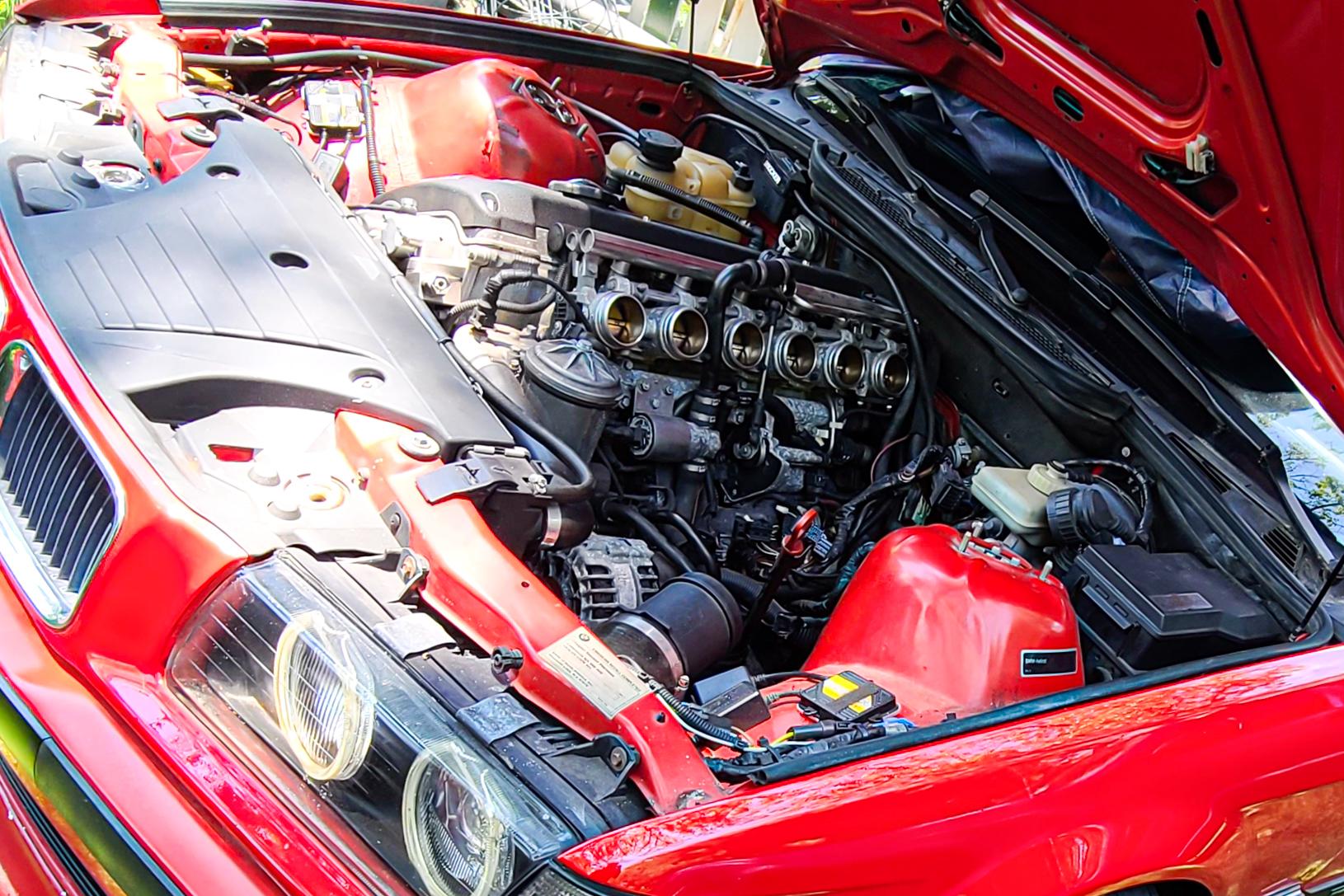Exactly how to Maintain Your BMW 318ti Running Smoothly for several years
Exactly how to Maintain Your BMW 318ti Running Smoothly for several years
Blog Article
Essential Factors To Consider for Selecting the very best Engine for Your Requirements
In the realm of picking the optimal engine to meet your demands, several vital factors need meticulous consideration to make certain optimum efficiency and efficiency. From the nuanced equilibrium between power and performance to the often-overlooked elements of upkeep and service demands, each element plays an essential duty in establishing one of the most appropriate engine for your specific requirements. As the intricacy of engine technologies remains to progress, critical the most suitable alternative necessitates a deep understanding of the interplay in between numerous considerations. By exploring the detailed web of elements that underpin this decision-making procedure, a more clear course arises in the direction of choosing an engine that not just satisfies however exceeds your assumptions.
Power and Efficiency
When examining engines for optimum efficiency, it is crucial to prioritize both power result and effectiveness. Performance refers to how well the engine converts gas right into usable energy. By meticulously assessing both power and effectiveness, you can pick an engine that delivers optimal performance and fulfills your demands properly.
Fuel Performance and Economic Climate
Gas efficiency refers to the engine's capacity to convert fuel right into power with very little waste, directly influencing operating costs and environmental sustainability. Engines with greater fuel efficiency not only decrease gas costs but additionally reduce carbon discharges, contributing to a greener procedure.

Compatibility and Application
Considering the gas performance and economy of an engine, the following essential element to address is its compatibility and application within details functional contexts. Compatibility refers to how well the engine integrates with the general system or tools it powers.
Moreover, the application of the engine is similarly essential. Various engines are developed for certain objectives, whether it be commercial machinery, marine vessels, vehicles, or power generators. Comprehending the desired application permits for the selection of an engine that can deliver the necessary power outcome, torque, and functional attributes. For example, a high-revving engine designed for performance autos would certainly not appropriate for heavy-duty construction equipment that needs high torque at low speeds.
Maintenance and Service Needs
Upkeep and service demands play a crucial function in making certain the longevity and ideal efficiency of an engine. Normal maintenance is vital to protect against break downs, prolong the life-span of the engine, and keep its efficiency. When selecting an engine, it is very important to consider the producer's suggested upkeep timetable and the schedule of service centers or qualified service technicians.
Variables such as the regularity of oil adjustments, filter replacements, and overall inspections can substantially affect the engine's performance. Some engines may need even more constant maintenance based on their layout and usage, while others may have longer periods in between upkeep checks. It is essential to follow these solution needs to stay clear of costly fixings and unforeseen downtime.

Expense and Budget Plan Considerations
Budget restraints often play a significant function in the decision-making process when choosing an engine for a specific application. When taking into consideration the expense and budget plan ramifications of picking an engine, Source it is vital to assess not just the preliminary purchase price but also the long-lasting costs linked with upkeep, fuel consumption, and prospective upgrades or repairs. It is vital to strike a balance in between the ahead of time cost of the engine and its total lifecycle costs to make sure that the picked engine remains monetarily sustainable throughout its operational life expectancy.
Factors such as fuel resilience, effectiveness, and integrity can directly affect the overall expense of ownership of an engine. While a much more costly engine might have higher upfront expenses, it could potentially lead to reduced upkeep and gas costs with time, hence offering better value over time. Additionally, thinking about the accessibility and expense of spare parts, in addition to the simplicity of maintenance and service, can help avoid unexpected financial strain in the future. By thoroughly examining these expense and spending plan factors to consider, you can make an enlightened choice that straightens with your economic restrictions web link and operational requirements.
Final Thought

Gas performance refers to the engine's capacity to transform gas into energy with very little waste, straight impacting operating prices and environmental sustainability.Aspects influencing gas efficiency include engine style, burning efficiency, and general efficiency optimization. Additionally, choosing the appropriate fuel type and grade as advised by the engine supplier can further improve effectiveness and lengthen engine life-span.
Engines with excellent serviceability features and conveniently offered parts can minimize upkeep prices and decrease the time the engine is out of procedure - bmw 318ti. It is essential to strike an equilibrium in between the ahead of time price of the engine and its total lifecycle prices to ensure that the chosen engine remains financially visit the website sustainable throughout its operational lifespan
Report this page